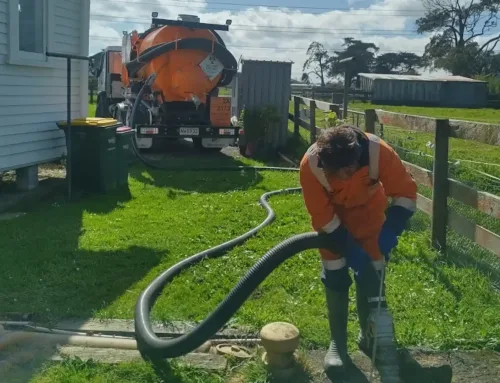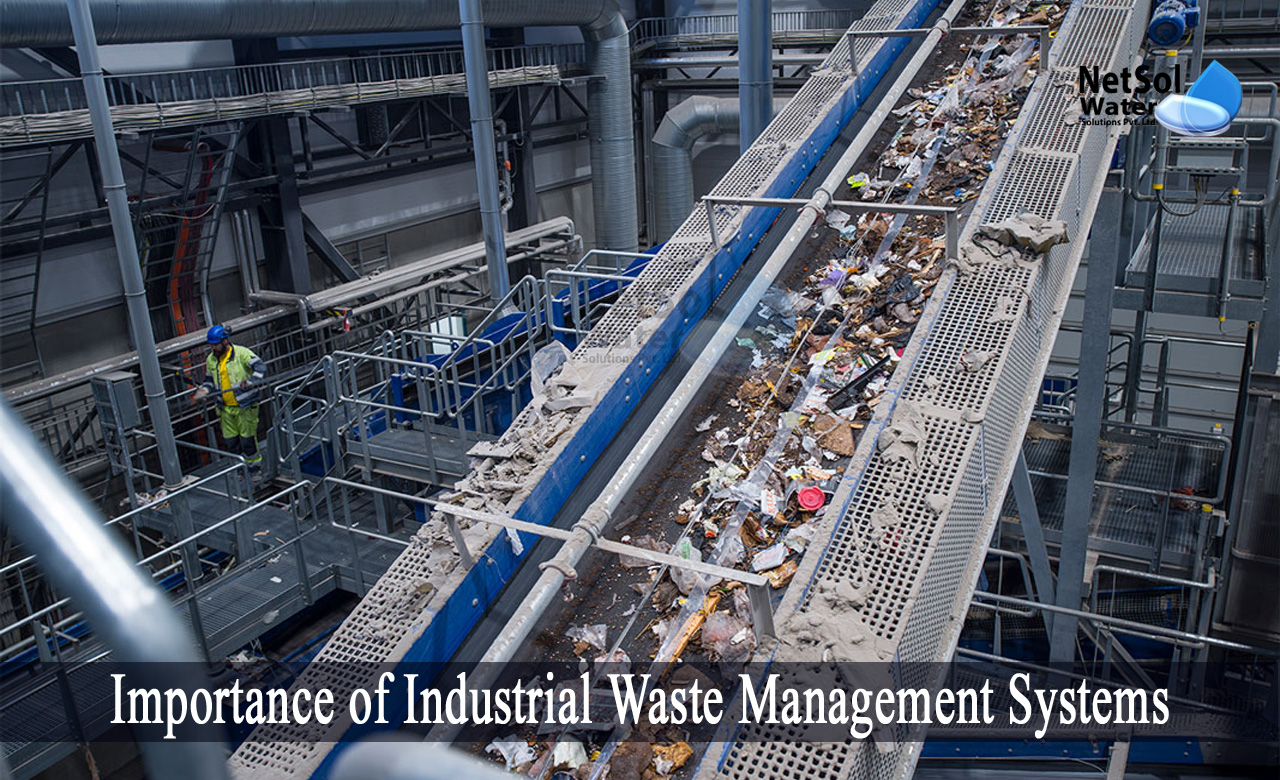The Greatest Guide To Reclaim Waste
The Greatest Guide To Reclaim Waste
Blog Article
A Biased View of Reclaim Waste
Table of ContentsThe smart Trick of Reclaim Waste That Nobody is DiscussingUnknown Facts About Reclaim Waste3 Simple Techniques For Reclaim WasteThe Reclaim Waste StatementsReclaim Waste for Dummies
Explore the kinds, incidents, and types of liquid waste. Residential sewer waste describes the waste and items from a residential septic system. This kind of waste is created by humans in residences, institutions, and other structures. This only includes septic systems that have a drainpipe field. The correct management and disposal of domestic sewage waste require liquid waste to be moved to a sewage therapy plant where the proper methods and tools are put on detoxify and deal with waste.
Business waste usually includes possible dangers, such as flammable materials or a mixture of liquid and solid waste items, and requires an advanced and comprehensive disposal process. The disposal of business waste generally entails the filtration of waste before transport to make sure risk-free and appropriate disposal. Industrial waste is created from byproducts and runoff of industrial procedures and production.
This kind of waste can not utilize the exact same sewer administration transportation or processes as septic or business liquids. The industrial waste monitoring procedure requires the evaluation and screening of fluid waste prior to it undergoes the disposal process (liquid waste removal). Overflow waste is the fluid waste that originates from overflow and excess stormwater in highly populated areas or cities
Drainage waste can trigger contamination and flooding if not dealt with effectively. Find out more about sewer cleaning and waste management. Ensuring appropriate waste management can prevent catastrophes and reduce ecological injury. Both individuals in household settings and professionals in business or production industries can take advantage of understanding the processes and laws of fluid waste management.
See This Report about Reclaim Waste
Contact PROS Providers today to find out about our waste monitoring and disposal solutions and the correct ways to look after the fluid waste you produce.
(https://www.awwwards.com/reclaimwaste1/)Do you recognize what takes place to your water when you disengage, flush the bathroom or drain the cleaning maker? No? Well, it's worth understanding. This supposed 'wastewater' is not only a crucial source however, after treatment, will certainly be released to our land, waterways or the sea. Utilized water from toilets, showers, baths, kitchen area sinks, washings and industrial procedures is called wastewater.

water utilized to cool equipment or clean plant and equipment). Stormwater, a form of wastewater, is overflow that flows from farming and city locations such as roofs, parks, gardens, roads, paths and seamless gutters into stormwater drains, after rainfall. Stormwater moves neglected directly to regional creeks or rivers, ultimately reaching the sea.
Indicators on Reclaim Waste You Should Know
In Queensland, many wastewater is treated at sewer treatment plants. Wastewater is carried from domestic or industrial sites through a system of drains and pump stations, known as sewerage reticulation, to a sewage treatment plant.
The Division of Natural Resources recommends regional federal governments concerning managing, operating and preserving sewerage systems and treatment plants. In unsewered areas, city governments may require owners to install private or family sewage therapy systems to deal with domestic wastewater from toilets, kitchens, shower rooms and laundries. The Department of Natural Resources authorises the usage of household systems when they are confirmed to be effective.
A lot of stormwater obtains no treatment. In some brand-new subdivisions, treatment of some stormwater to remove litter, sand and crushed rock has started making use of gross pollutant traps. Wastewater therapy occurs in 4 stages: Removes solid matter. Bigger solids, such as plastics and other items mistakenly discharged to sewage systems, are gotten rid of when wastewater is gone through displays.
Wastewater after that streams right into huge storage tanks where solids settle and are eliminated as sludge. Oil and scum are skimmed from the surface area. Uses little living organisms called micro-organisms to break down and eliminate continuing to be liquified wastes and great bits. Micro-organisms and wastes are incorporated in the sludge. Eliminates nitrogen and phosphorus nutrients that might create algal blooms in our rivers and endanger aquatic life.
Everything about Reclaim Waste
Nutrient elimination is not available in any way sewage therapy plants due to the fact that it needs costly specialist equipment. It is becoming more usual in Queensland. Clear fluid effluent generated after treatment might still have disease-causing micro-organisms. If this effluent is launched into waterways such as rivers or the sea, the micro-organisms will at some point pass away out.

Most wastewater moves into the sewerage system. Under the Act, neighborhood federal governments provide approvals and permits for environmentally relevant tasks (ERAs) involving wastewater launches that may have a local influence.
Reclaim Waste for Dummies
Monitoring gives accurate info regarding water top quality and can confirm that permit problems are click site being met. The details gotten through tracking offers the basis for making water top quality decisions.
Report this page